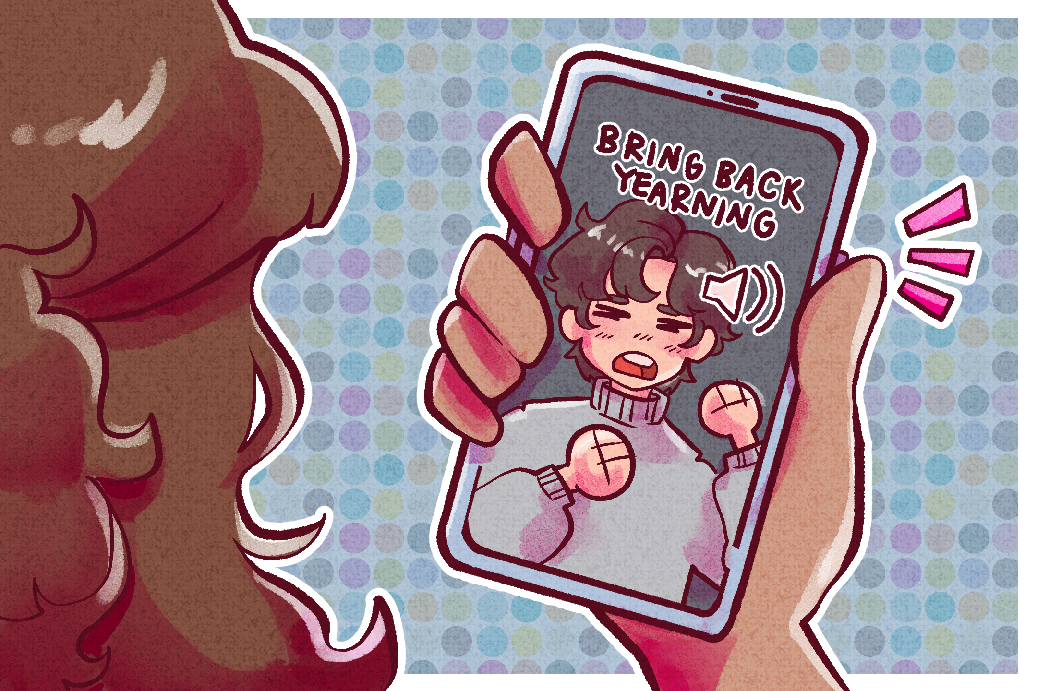Greek life at Illinois is often synonymous with school spirit, blinding smiles and the classic frat party. One aspect that is often left out, however, is the toxicity surrounding Greek rankings and the behaviors they can perpetuate on campus.
I joined a sorority through informal recruitment at the end of my freshman year and was quickly thrust into a world I was unprepared for, to say the least. It seemed there were countless unspoken rules I was on the outside of, and the more I uncovered about this new experience, the less confident I felt.
That being said, I love the sisterhood I am now a part of, and I wouldn’t trade the relationships I’ve made for anything. However, that doesn’t mean I haven’t discovered cracks in the foundation of this century-old system.
Despite attempts at inclusivity and solidarity within Panhellenic sororities, there is still an ongoing superficial culture that persists.
Although the ways in which sororities and fraternities are ranked differ from school to school, students most commonly turn to Greekrank for all their rush questions. Unfortunately, many comments on the website fail to delve beneath the surface, causing the platform to quickly transform into a space where one can anonymously bash houses.
Get The Daily Illini in your inbox!
This behavior isn’t just restricted to the screen.
I’ve seen firsthand the ways that racist, sexist and fatphobic comments manifest in what seems to be some sort of twisted Panhellenic vernacular. It’s shocking and disappointing to recount the number of times I’ve seen other houses — both fraternities and sororities — comfortably criticize “lower ranked” houses, only to give empty answers when asked why they dislike a house so much.
This normalized hierarchical behavior is present in Greek life as a whole. In one Washington Post article on the discrimination present in Greek organizations, the racism and complicity in Greek life’s “whitewashed” history are broken down, leaving college students to grapple with their morals when deciding to rush.
Do I believe that there is still a future for Greek life at universities? Yes; I wouldn’t stay in one if I didn’t.
While it can be difficult to know where to start when fixing a system that seems broken at its core, there are small steps that all Panhellenic organizations can take to make their spaces more open-minded and inclusive.
For example, breaking down the social barriers that restrict sororities and fraternities from interacting with those outside of their “rank” for planned events could be the first step in breaking down a superficial hierarchy.
I believe that, when operating correctly, sororities and fraternities can offer systems of support that many students seek after leaving their families for possibly the first time ever.
However, that doesn’t mean that there still isn’t serious reform that needs to be made to correct the system. With time comes progress; people won’t stand for these outdated foundations forever. Even now, through the “Abolish Greek Life” movements, students are calling for change and refusing to be silenced.
Members of Greek life need to thoroughly examine their behavior and correct it like their survival as an organization depends on it — because it very well could.
Hailey is a sophomore in Business.











